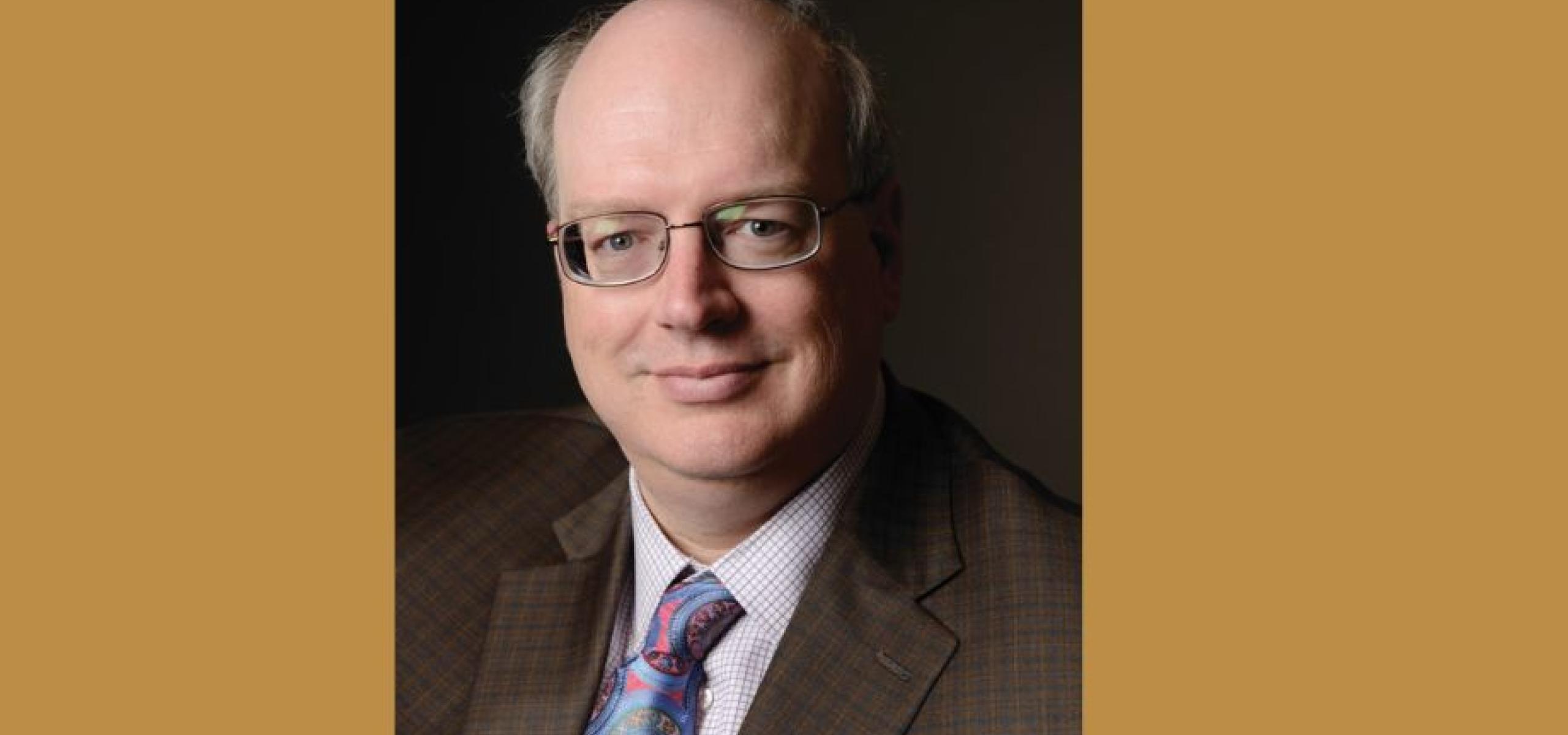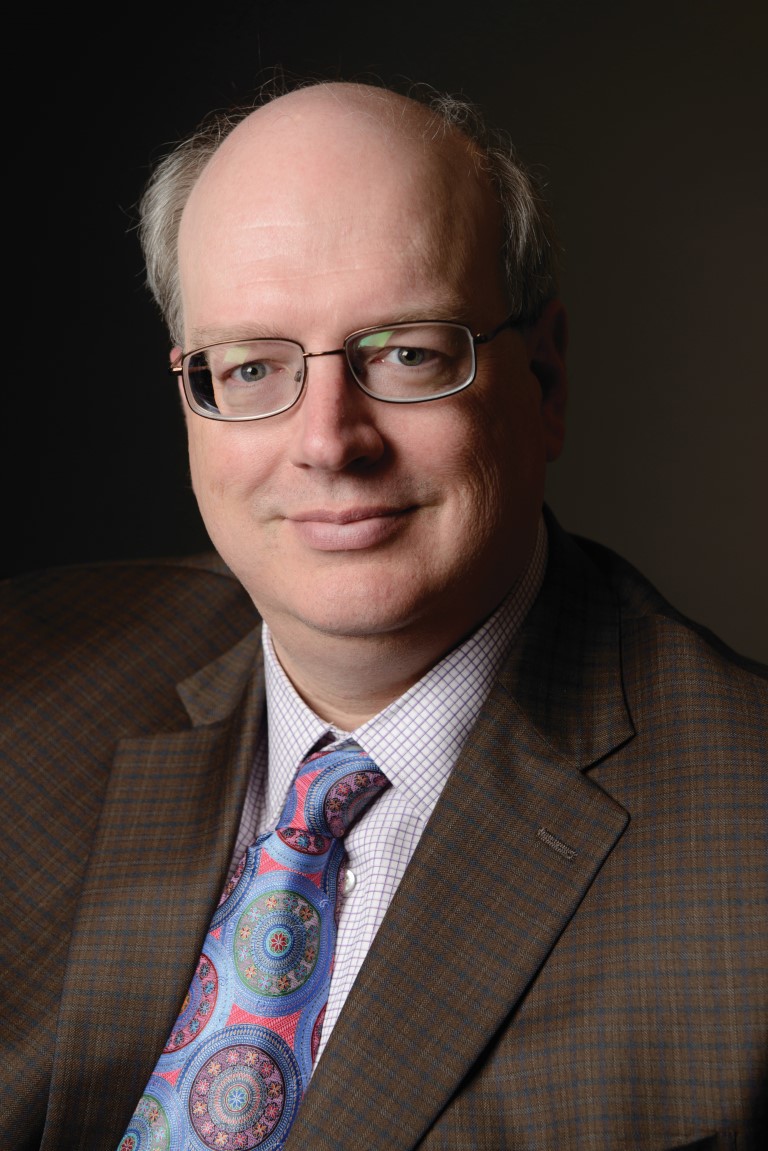
Date & time
Venue
Phillipa Weeks Staff Library, ANU College of Law, Building 7, Room 7.4.1.
Register for the event
Event description
In this seminar, Professor Krotoszynski will discuss his paper 'Common Law Constitutionalism and Australia’s Implied Freedom of Political and Governmental Communication'.
Most people, both in the U.S. and in Australia, assume that words matter – that legal language in general and constitutional language in particular can effectively constrain the government. In the context of expressive freedom, however, we should be cautious about making this assumption too readily or credulously. As it turns out, the presence – or absence – of an entrenched right to freedom of speech within a constitution or Bill of Rights does not reliably prefigure the rigor with which the domestic courts will protect the freedom of speech in general or political speech in particular. Instead, to borrow the phrase from the cosmic turtle metaphor, “it’s [judges] all the way down.” Free speech rights depend much more on the willingness of judges to recognize and protect them than they do on the precise wording of a constitutional or statutory text. For example, in Australia, despite the complete absence of an express guarantee of freedom of speech in the Commonwealth Constitution, the High Court of Australia, in a pair of landmark 1992 decisions, conjured such a right as an “implication” from constitutional provisions related to voting and elections. Thus, the absence of a relevant constitutional text did not prevent the High Court from successfully asserting and exercising a power of judicial review over federal and state laws to protect speech – at least with respect to speech related to the project of democratic self-government. With the passage of thirty years, the implied freedom now constitutes a well-settled feature of Australia’s constitutional landscape.
It turns out that the Australian approach is actually the rule rather than the exception. Constitutional courts around the world routinely disregard text when free speech rights are at stake. Why do judges in so many places essentially freelance when they are faced with hearing and deciding free speech claims? And why are speech rights so difficult to codify in a way that effectively constrains judicial discretion? One might also ask whether free speech is unique or if other fundamental rights are also more the product of judicial construction than constitutional text. Professor Krotoszynski will explore the relevance – and irrelevance – of constitutional text to safeguarding expressive freedoms (including the freedoms of speech, assembly, petition, and association), with particular attention to the High Court’s continuing efforts to create and protect a limited “implied freedom” of speech. His research relates to a forthcoming book project, “Free Speech as Civic Structure: A Comparative Analysis of How Courts and Culture – Not Constitutional Text – Shape the Freedom of Speech (forthcoming Oxford University Press 2023).
Speakers

Professor Ron Krotoszynski
Ronald J. Krotoszynski, Jr. is the John S. Stone Chair, Director of Faculty Research, and Professor of Law at the University of Alabama School of Law. Krotoszynski is the author of several books including: Privacy Revisited: A Global Perspective On The Right To Be Left Alone (Oxford University Press 2016) and Reclaiming The Petition Clause: Seditious Libel, "Offensive" Protest, And The Right To Petition The Government For A Redress Of Grievances (Yale University Press 2012). Krotoszynski's most recent book is The Disappearing First Amendment (Cambridge University Press 2019).